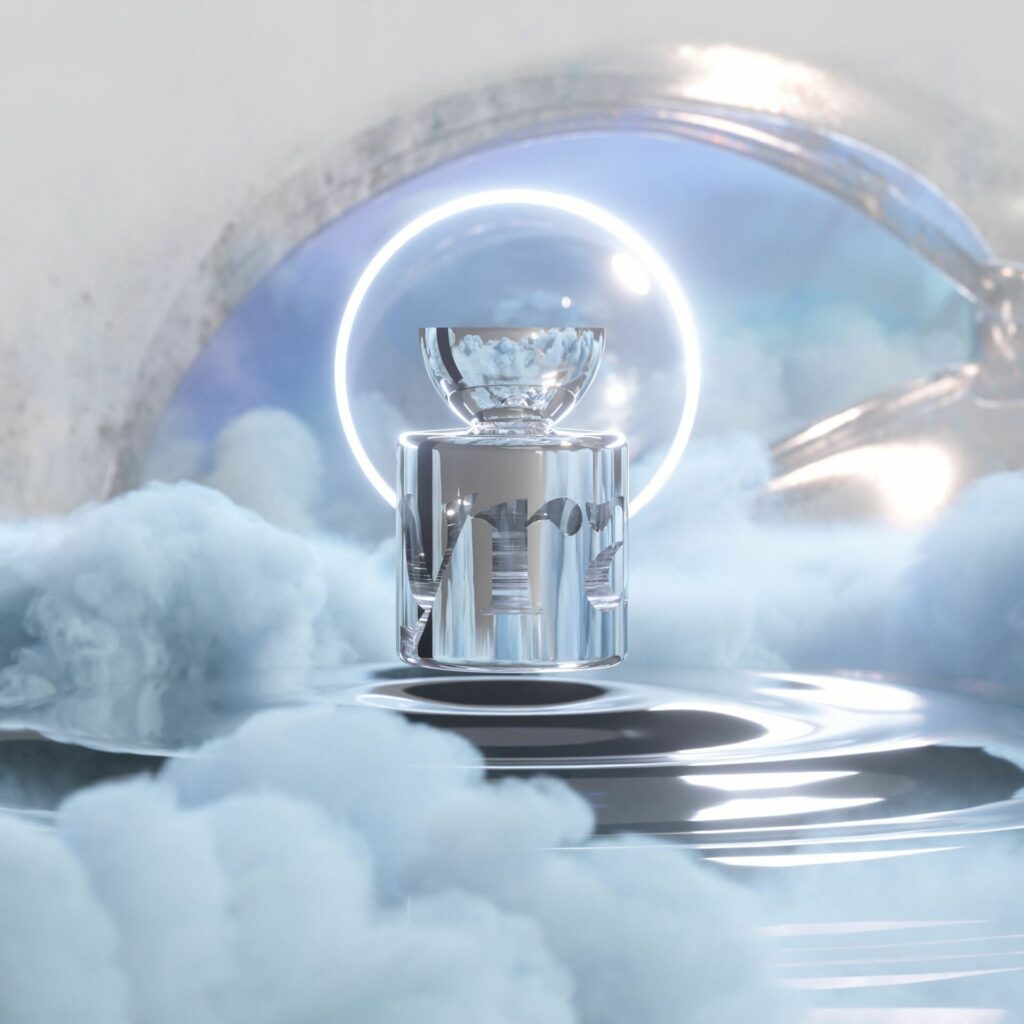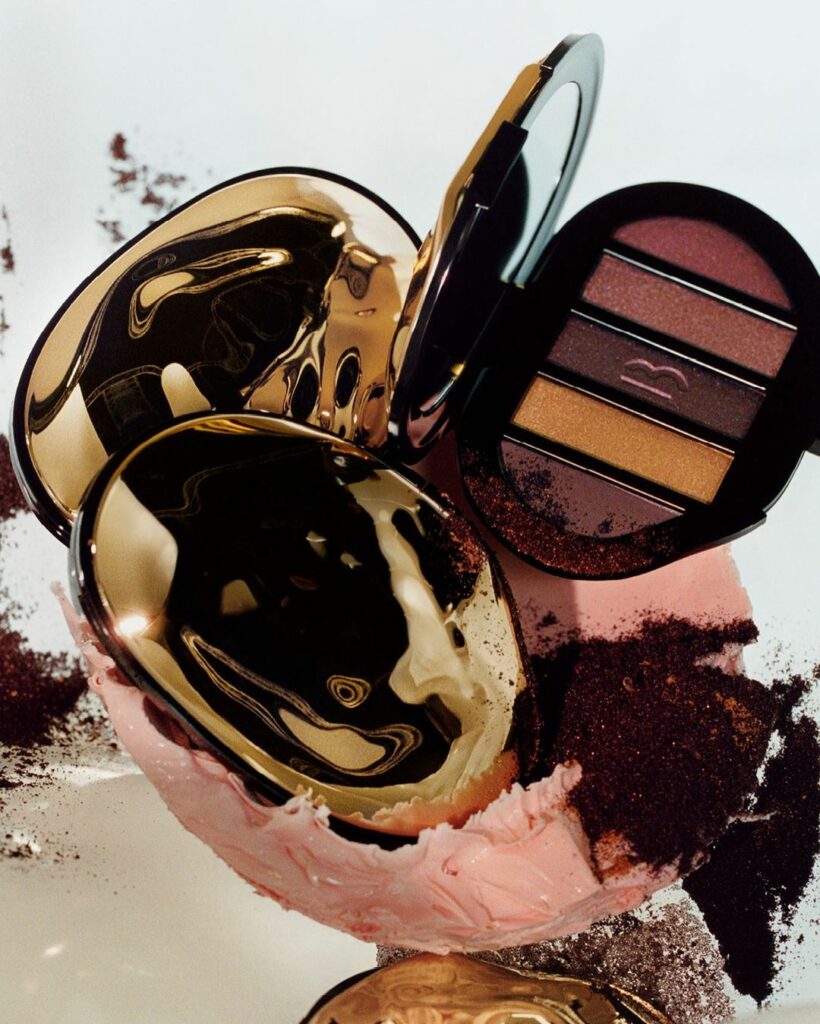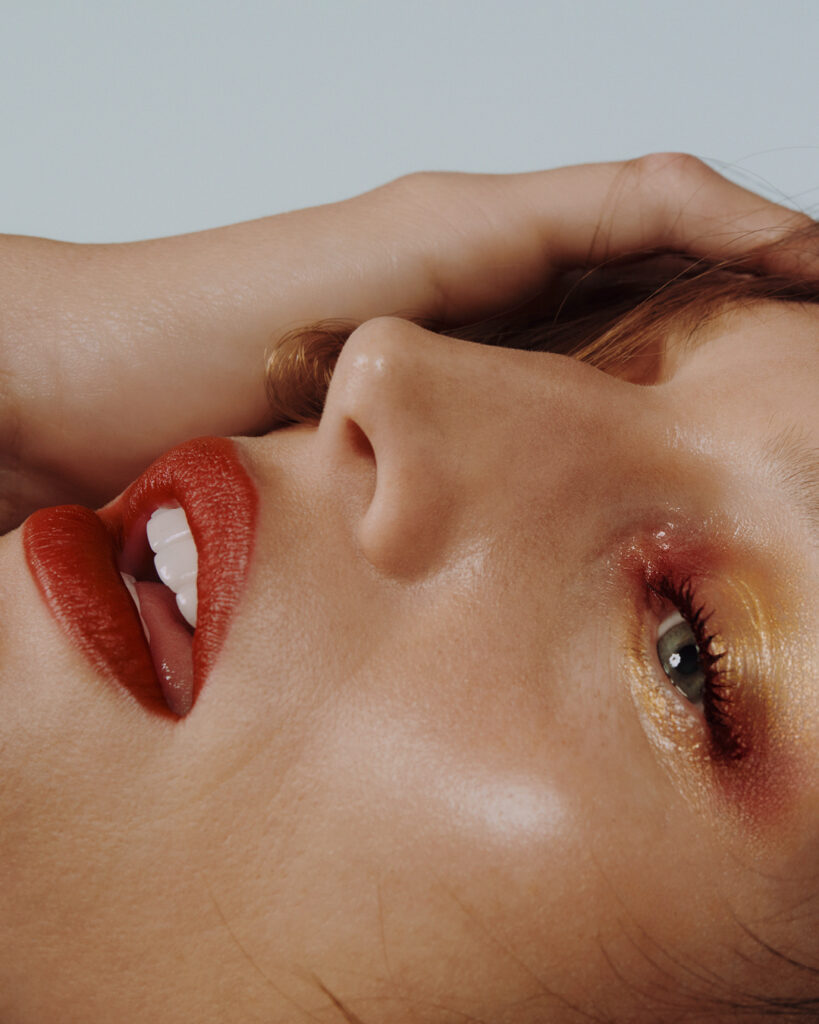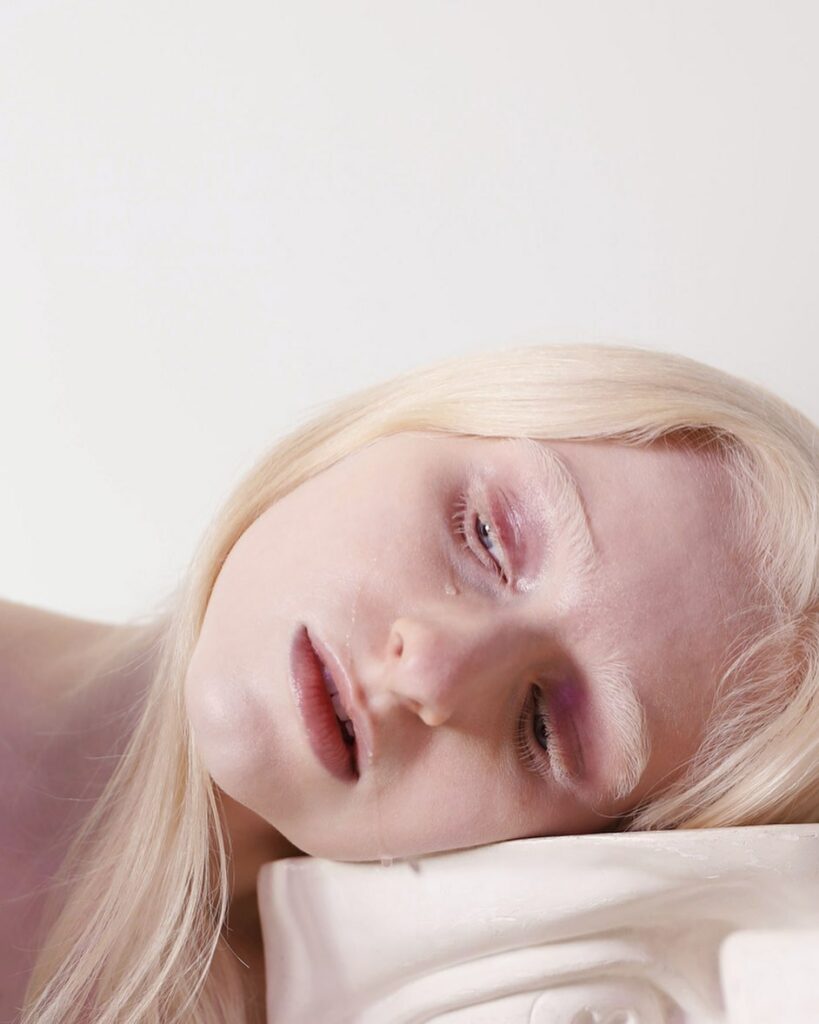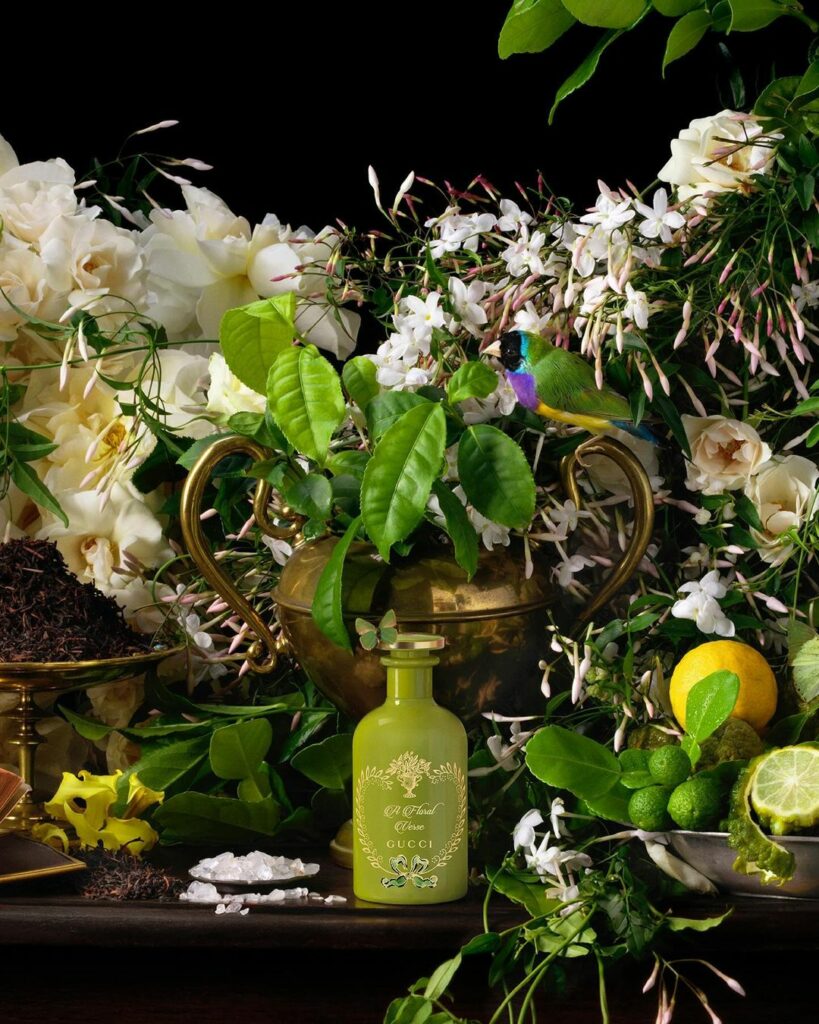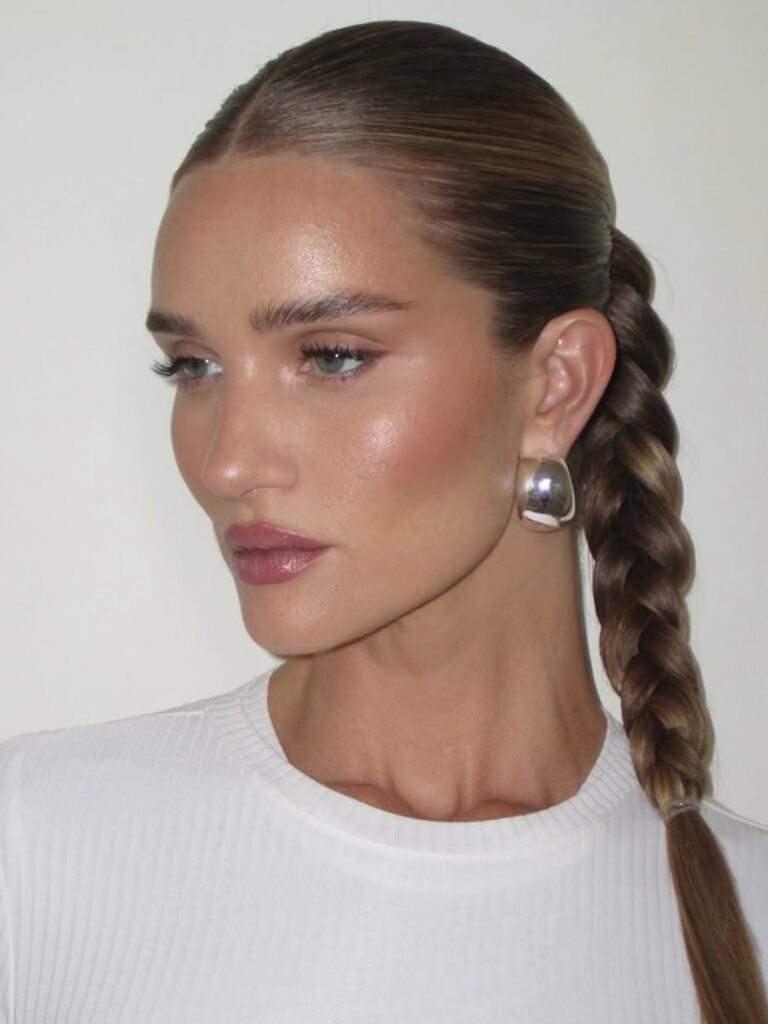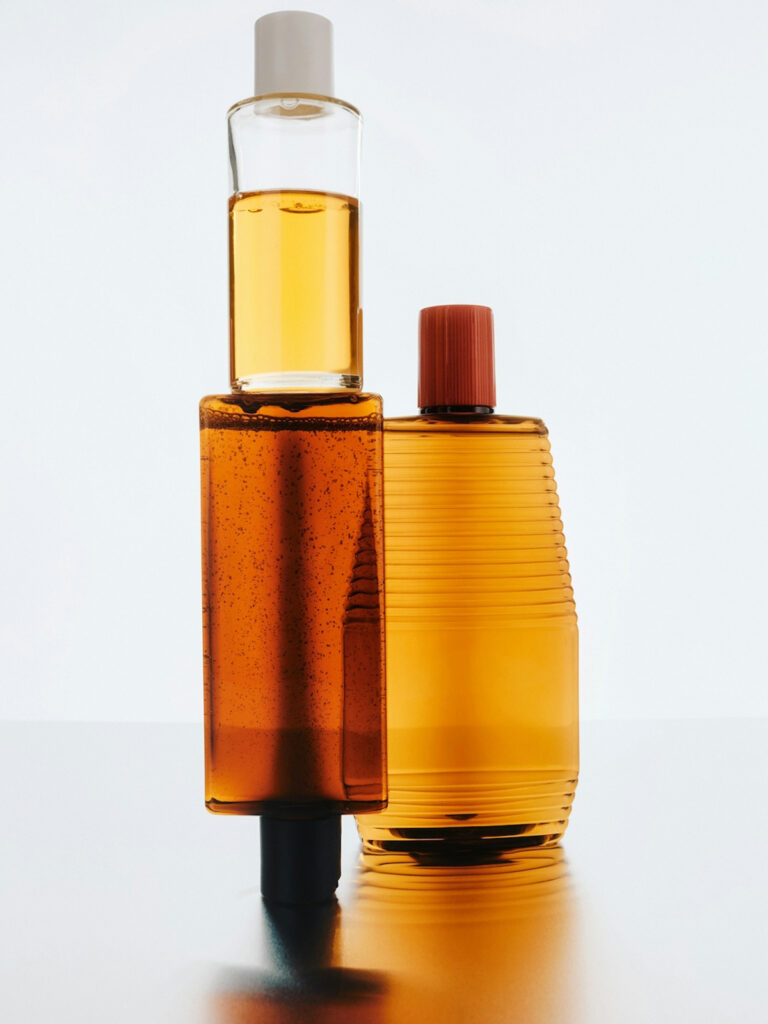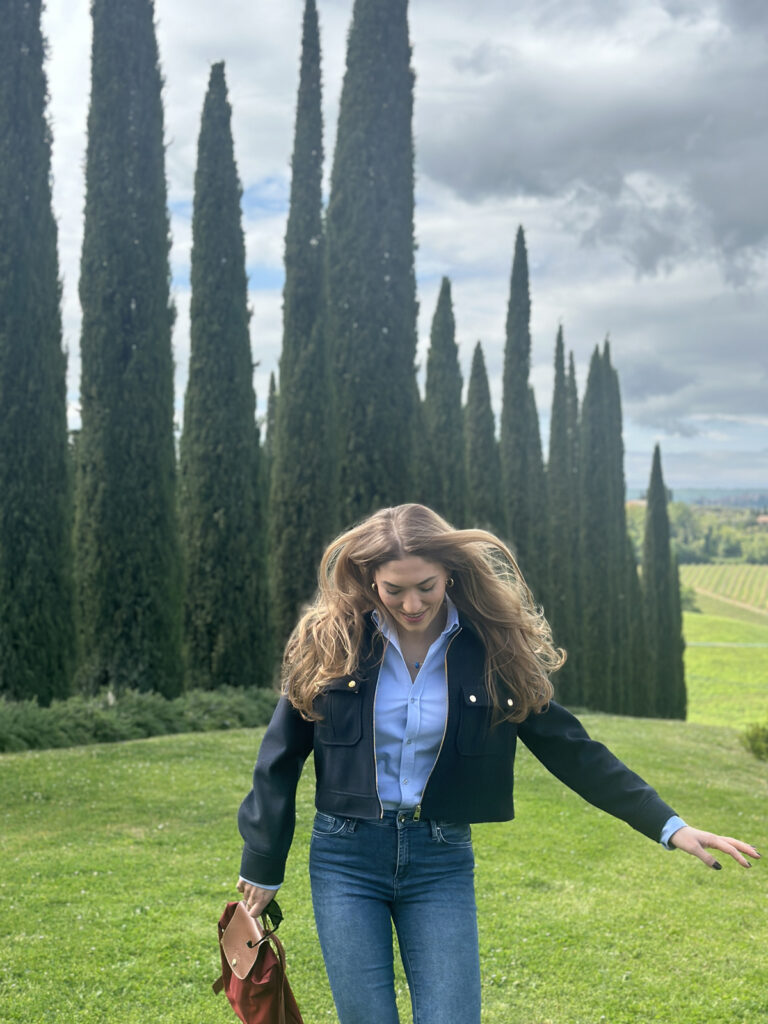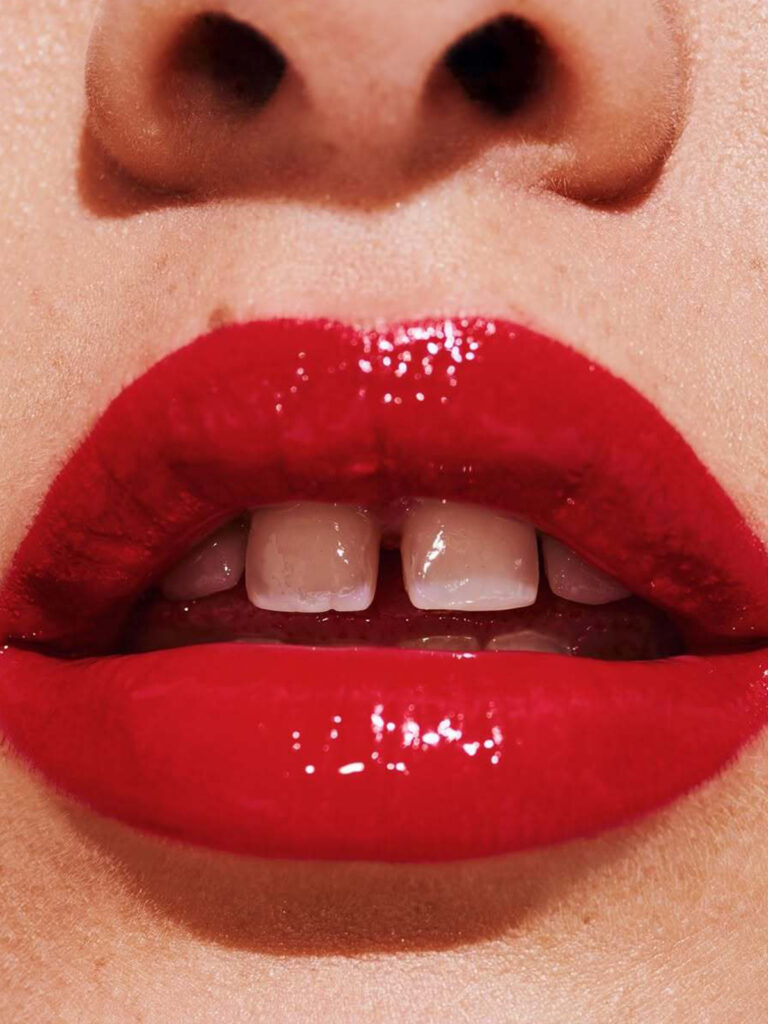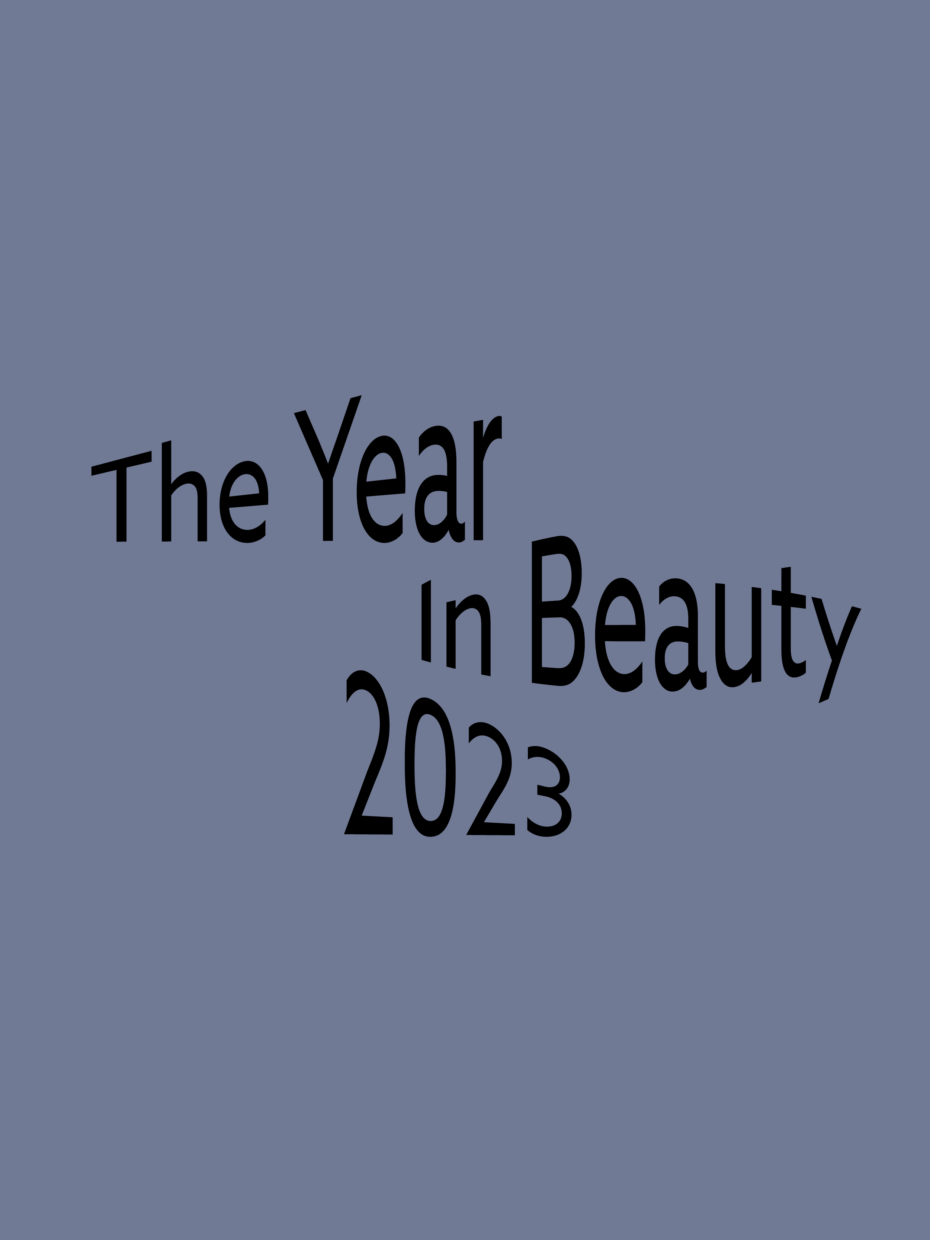
Stories
The Year In Beauty 2023
From artistic projects to embracing emotions, the beauty world had quite a progressive year. Valerie Dayan reflects on the industry’s prominent phenomena of the year.
Text Valerie Dayan
Beauty industry drew inspiration from the art world
Looking back, the most memorable beauty highlight of my year was my visit to Des Cheveux et des Poils exhibition in Paris. The elaborate show looked back at the historical and cultural transformation of hair since the Middle Ages and has especially amazed me with its experimental artistic vision of what hairstyles can be. The exhibition’s sponsor was Wella, and the German hair giant wasn’t the only beauty brand in 2023 that had a close relationship with the art world. Met Museum and K-Beauty brand Sulwhasoo’s partnership, Frank Gehry’s bottle designs for Louis Vuitton fragrances, Refik Anadol’s installation for Dior’s L’or de J’Adore, Ex-Nihilo’s multi-sensorial 10th anniversary celebration at Jeffrey Deitch Gallery, Babor’s installation of serum ampoules at Art Basel Miami, and of course, the most grandiose of them all, Lancôme’s partnership with Louvre Museum were some of the most interesting ones. Beauty’s patronage of the arts is nothing new, but 2023 marked a new chapter in beauty marketing books, where brands have started searching for more profound links between their products and definitions of beauty to have more meaningful connections with their consumer base.
Hair health finally became a topic — an important one
Promoting healthy, shiny, smooth hair to consumers is an age-old industry promise. And it’s one no one will object to. However, to me, it used to be a somewhat problematic one, where products were formulated to protect and save the hair from the heat from hair styling tools (designed by the industry itself), as well as other outside aggressors such as hair dyes, pools, and air quality. It was problematic because what the products provided was a save-the-day sort of solution without delving into the root of the issues. Then came the era of airflow, where a trailblazing British tech company showed the entire world that we, in fact, don’t need to damage our hair to have great styles. The industry and the consumer finally started to realize that to have strong, non-frizzy locks, we need to think of ways to not have that damage in the first place and, well, try to have healthier hair. Enter scalp care. The skin on the top of our head is often overlooked, but caring for the scalp is a crucial step for having better, healthier hair. 2023 was the year many, many brands like Aveda, Augustinus Bader, Kérastase, Guerlain, Briogeo, Act + Acre, and Ouai either introduced new scalp treatments or started talking more loudly about why scalp care truly matters. Do you want to solve a beauty problem? You need to get to the root.
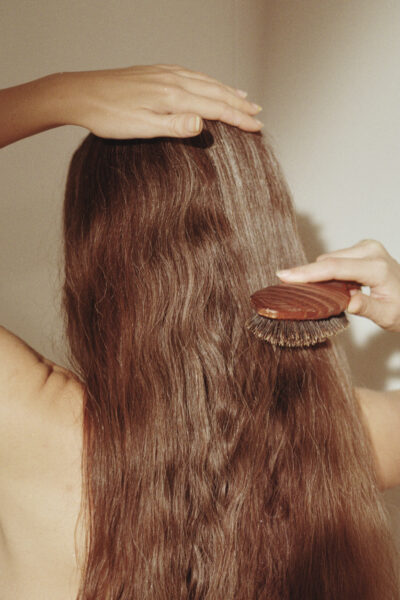
Beauty tech brought satisfaction and inclusivity
A couple of months ago, I interviewed Ufuk Batur, General Manager of L’Oréal Luxury Turkey, regarding their current efforts in tech advancement. With numerous activations and its technology incubator program, the French beauty house is definitely one of the beauty tech trailblazers in the industry, and I got to test out a few things prior to our chat. YSL Beauty’s Scentsation, a neuroscience-backed in-store device, offers customized fragrance picks by measuring a person’s emotional reactions to specific scent groups. In the past year, big fragrance houses IFF, Firmenich, and Givaudan also made significant scientific efforts to create a new category of neuroscents that are meant to effect our moods in positive ways. Also from YSL Beauty, Rouge Sur Mesure is a gadget that creates custom lipstick colors in a matter of seconds — with its app, you can even design a shade that matches the day’s outfit. Skin Screen, Lancôme’s advanced skin analysis device, is currently touring different cities, giving thousands of people smart advice for their skin issues. Feeling the Jetsons vibes? Batur said there will be even bigger developments, tech-wise, but what matters the most is using these advancements to promote a sense of democratization and accessibility in beauty. His words stuck with me since, and another very important outcome of beauty’s liaison with technology is its ability to outmode buyer’s remorse. Since the pandemic, almost every beauty brand has adopted digital and in-store virtual try-ons, letting consumers test out different products and shades, and this feature has become more commonplace and advanced in the past year. One of the most major developments came from Google, which expanded its AR beauty feature in October, making it possible for consumers to try on different makeup shades and hair colors from 50 different brands by using the shopping search tool. Right after, makeup matriarch Pat McGrath elevated and showcased this feature with an AR pop-up in NYC, where makeup lovers got to play with colors with an interactive experience. Another way technology was utilized was in product formulations: The 33 shades of Prada Beauty’s Reveal Skin foundation was created by AI technology, taking cues from 3000 different skin tones to create the most realistic matches possible. The bottom line for 2024: Techier the beauty experience, happier the consumer, and happier the brands.
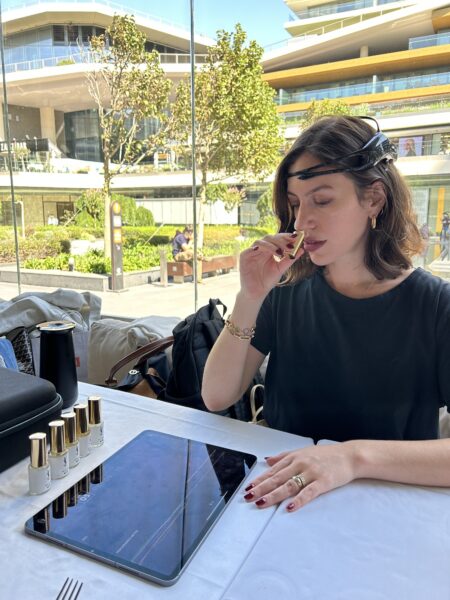
Emotions ran free
Ever since mental health became a visible topic in the wellness realm, there has been a tendency to “get real” in the beauty industry as well. As I’ve mentioned above in the beauty-tech topic, fragrances, the beauty category that has always been the strongest in evoking emotions, have taken the neuroscience-backed opportunity to formulate scents that aim to enhance certain feelings. One of Vyrao’s recent launches, The Sixth, intends to trigger mindfulness and positivity with scientifically proven ingredients such as apple, basil, cypress, patchouli, and fennel. Another brand that bet big on stimulating emotions was The Nue Co., launching another “fragrance supplement” in 2023. Water Therapy, with a bottle in a relaxing shade of blue, uses seaweed, salt, cardamom, and rose notes to help soothe tension, balance mood, and reduce stress. But there’s more. In 2023, emotions ran free in beauty (perhaps as a reflection of the consumers), and many brands used a poetic, emotional approach to creating product groups and generating names. Byredo’s creative image and makeup partner Lucia Pica’s inaugural makeup collection for the brand was called First Emotions. Pica’s favorite shades of red and burgundy were abundant, and other product names from the collection included State of Emotions, an eyeshadow palette; Ambivalent, a kajal pencil; and Mixed Emotions, a mascara. Gucci Beauty’s new Alchemist’s Garden niche fragrances also have names filled with poetry and feelings: Where My Heart Beats, A Reason To Love, A Chant For The Nymph, and The Voice Of The Snake. Meanwhile, Regime des Fleurs’ 2023 launch, Tears, is a fragrance dedicated to the luxury, romance, and sadness of crying. Selena Gomez, who’s been both very vocal and active in the mental health arena with Rare Beauty and Rare Impact Fund, co-launched Wondermind, a platform dedicated to providing support and information to deal with challenging emotions. When you go on the website, you can narrow down the content to how you currently feel: Insecure, happy, sad, angry, anxious, stuck, envious, or lonely. We all experience all these feels constantly, and it’s truly refreshing to see the beauty world becoming emotional and, therefore, more relatable.
Accountability and transparency became essential
The contemporary beauty consumer is no longer oblivious to the backstories of how the products are manufactured and formulated, the vague definitions of clean beauty, meaningful sustainability efforts, and the use of retouching in the campaigns. We know, we understand, we research, and we care. The purchase choices are infinite, and it is essential for brands to be transparent and accountable in order to build strong ties of trust with consumers. In 2023, more and more brands and e-commerce platforms such as Cult Beauty, Kosas, Lush Cosmetics, Ulé, Avène, Byoma, Dieux, Chanel, Isla Beauty, Drunk Elephant, Rare Beauty, Kiehl’s, and Aveda made visible efforts to showcase accountability and transparency either in sustainability efforts or ingredients claims to better relate to the increasingly conscious consumer. In September, the EU published Green Claims, a directive to monitor and ban any greenwashing in order to promote transparency and truth to consumers. This was huge. Being truthful and open about what happens in the background is no longer a choice for beauty and wellness industries, nor a trend. As consumers, we have every right to know what we’re paying for, what we’re applying to our bodies, and what kind of impact we are inducing on the earth with our cosmetic purchases. It’s impossible to conclude this subject matter without mentioning what’s currently happening in the Turkish beauty market, where a massively popular influencer who owned a beauty brand and numerous beauty centers was convicted of financial fraud. The questionable brand’s beauty products were claimed not to have been hygienic or kind to the skin, creating a serious mistrust of the local brands. I find this mistrust both unfair and reasonable at the same time. Unfair because there are plenty of Turkish beauty entrepreneurs and brands who are doing excellent work to elevate the local industry, working tightly with government regulations. But it’s also reasonable since, as consumers, we have every right to demand more and more honesty and accountability. We have a long way to go, but the future looks more transparent.


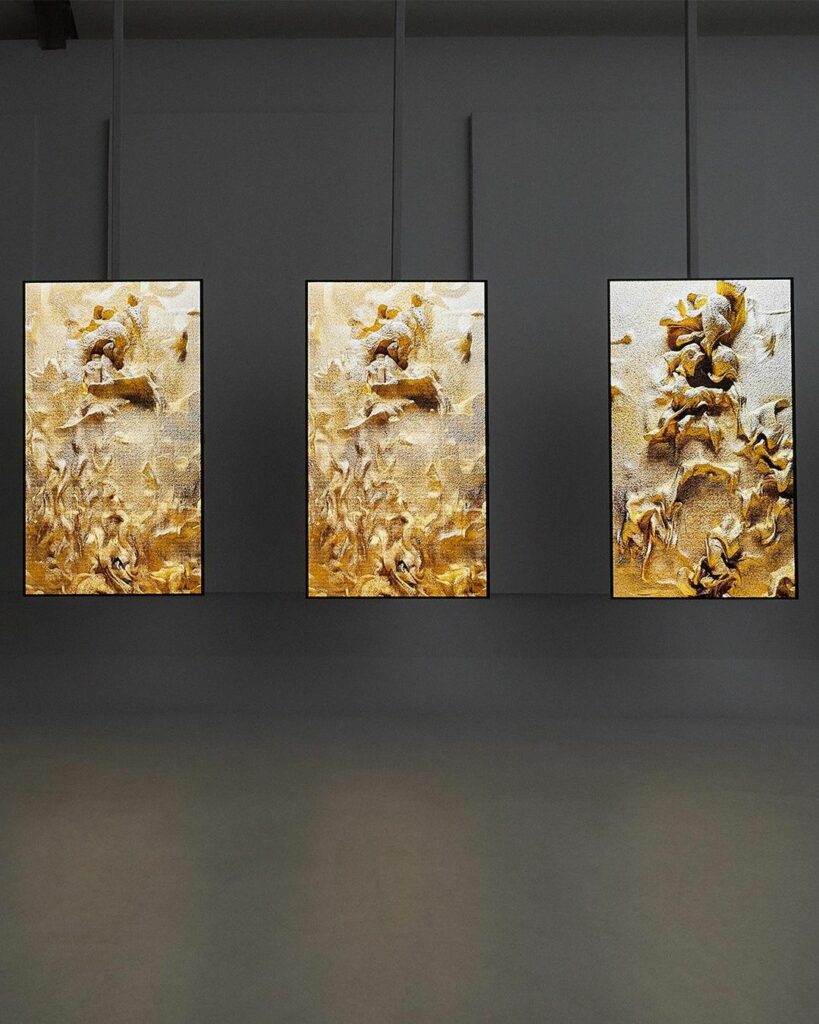
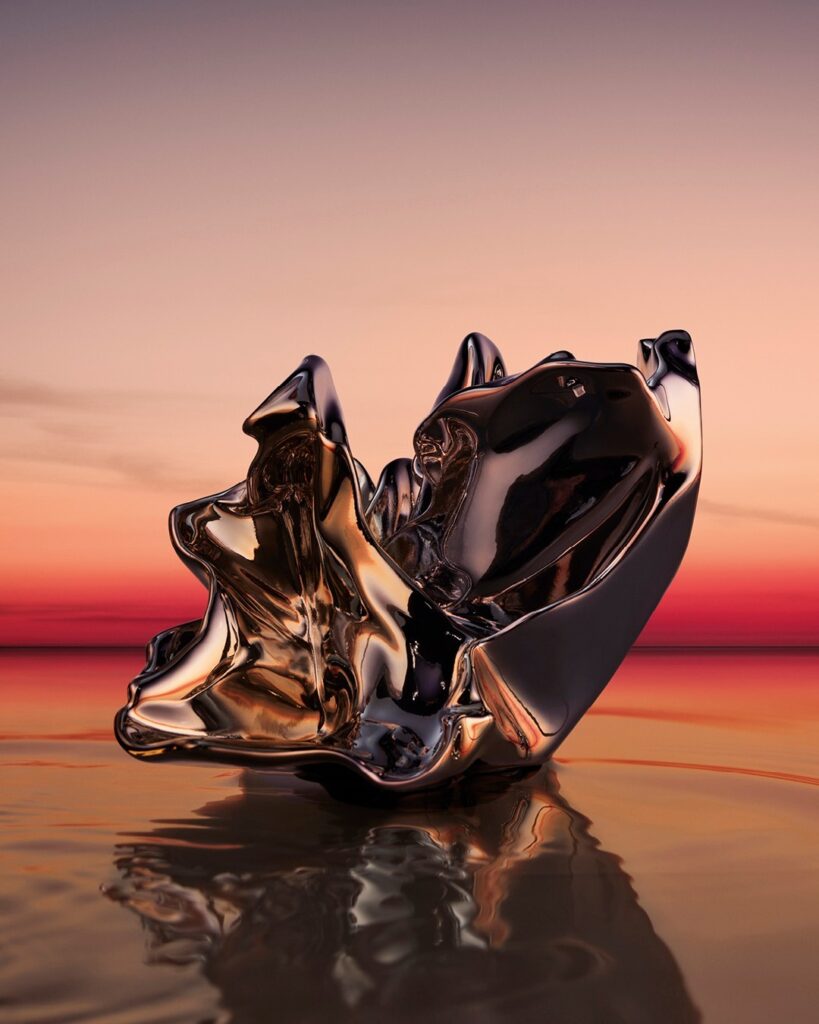
 Previous
Previous
